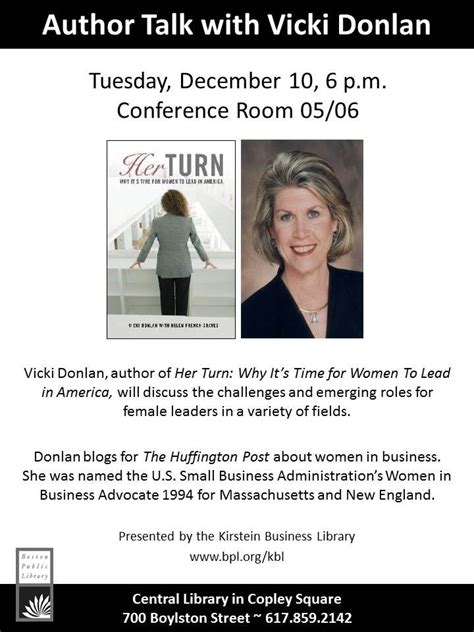A Quote by Reynolds Price
Southerners ask intimate questions in the way monkeys groom each other for lice, not to pry but to make you feel cared for.
Related Quotes
When the Stranger says: "What is the meaning of this city? Do you huddle close together because you love each other?" What will you answer? "We all dwell together To make money from each other"? or "This is a community"? Oh my soul, be prepared for the coming of the Stranger. Be prepared for him who knows how to ask questions.
We are all healers of each other. Look at David Spiegel's fascinating study of putting people together in a support group and seeking that some people in it live twice as long as other people who are not in a support group. I asked David what went on in those groups and he said that people just cared about each other. Nothing big, no deep psychological stuff-people just cared about each other. The reality is that healing happens between people.
It's not that I believe women are more ethical. I will say that one of women's greatest weaknesses is probably our greatest strength. We are incredibly hard on each other. We ask all the questions. Men are more easygoing. If you've ever been in a group of women, you'll recognize this: Nobody gives one woman the opportunity to lead the way without asking a whole lot of questions.
There is a cultural taste which tries very hard to get rid of the lice in a fur coat. There is another which tolerates the lice and thinks the coat can be worn with them in it. And finally there is a taste which regards the lice as the most important thing about the coat and consequently places the coat at the lice's disposal.
If we meet and I say, "Hi," That's a salutation. If you ask me how I feel, That's a consideration. If we stop and talk awhile, That's a conversation. If we understand each other, That's communication. If we argue, scream and fight, That's an altercation. If later we apologize, That's a reconciliation. If we help each other home, That's cooperation. And all these ations added up Make civilization. (And if I say this is a wonderful poem, Is that exaggeration?)






































